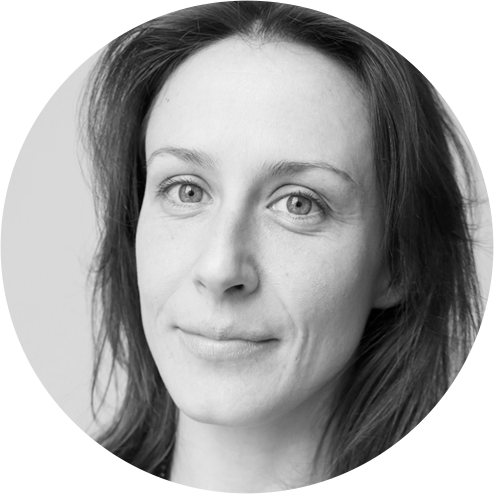Urban Systems Lab 2019: A Snapshot
23 Peer Reviewed Journal Articles Published
2 Book Chapters Published
11 Staff Members
3 Major Grants and Awards
Congratulations to Mayumi Hirye and Katharina Hölscher for defending their doctoral dissertations, Bart Orr for defending his dissertation proposal and Veronica Olivotto for passing her qualifying exam.
The USL Year End Review: A collection of books, articles, events and other sources of inspiration in 2019 from the Urban Systems Lab network.
Bianca Lopez: Ariel Aberg-Riger's illustrated essays for CityLab on urban crows, how cities can help pollinators, and the history of Seneca Village.
Aucher Serr: Diana Nucera, aka Mother Cyborg, at the 2019 EyeO Festival
Pablo Herreros Cantis: Who Stays Dry? The Risk Is High and the Water’s Getting Higher - a panel organized for the Waterfront Alliance Conference with key remarks from Peggy Shepard, Executive Director, WE ACT for Environmental Justice; Introduction to Data Science in Python via Coursera; Capital City: Gentrification and the Real Estate State by Samuel Stein
Luis Oritz: If you’re looking for a more or less comprehensive view of standard data visualization type take a look at DataViz Project.
Joseph Steele: A Green New Deal Between Whom and For What? by Nicholas Beuret
Avigail Vantu: Palaces for the People by Eric Klinenberg; How New Rent Laws in N.Y. Help All Tenants by Luis Ferré-Sadurní (NY Times); Institute for Public Knowledge and The Future of Micromobility and Livable Cities for the 21st Century: The International Perspective with Jan Gehl and 99% Invisible (Podcast)
Katinka Wijsman: Frans de Waal's Mama's Last Hug. Animal Emotions and What They Tell Us about Ourselves (W.W. Norton & Company); Losing Earth: a Recent History by Nathaniel Ric
Elizabeth Cook: Who Takes Care of New York? at the Queens Museum
Filipa Grilo: Social-ecological and technological factors moderate the value of urban nature; Essential Biodiversity Change Indicators for Evaluating the Effects of Anthropocene in Ecosystems at a Global Scale; Measuring the “urbanness” of a bird community; Human terrain, visualizing the world’s population in 3D; Google Earth Rumsey Historical Maps; First link between climate patterns and civil conflict; Forests in 3D
Z Grabowski: The color of law: A forgotten history of how our government segregated America by Richard Rothstein; Toxic geographies: absences in critical race thought and practice in social and cultural geography by Minelle Mahtani; Race, Space, and the Law: Unmapping a White Settler Society edited by Sherene Razack; Ministry of Utmost Happiness by Arundhati Roy
Claudia Tomateo: Space as a Keyword by David Harvey
Ahmed Mustafa: A greener urban environment: Designing green infrastructure interventions to promote citizens’ subjective wellbeing by Pablo Navarrete-Hernandezab and Kate Laffanc
Chris Kennedy: Collaborative Urban Resilience Banquet by Candace Thompson, In Defence of the Wastelands: A Survival Guide by Erica Violet Lee; Botanical Decolonization: Rethinking Native Plants; The Intelligence of Plants by Cody Delistraty; The unexpected magic of mushrooms by Richard Gray; For the Wild: The Bureau of Linguistical Reality; Drilled (Podcast); The Daily: The White House Plan to Change Climate Science; Science Weekly: Soundscape ecology with Bernie Krause
Yaella Depietri: Limits. Why Malthus was wrong and why Environmentalists should care by Giorgos Kallis; Heaven Hath Limits by Michael Sauter
Veronica Olivotto: Elvia Wilk's 'Oval', Andrew Durbin's 'MacArthur Park', Shelley Streeby's 'Imaging the Future of Climate Change', Clark Miller and Tischa Muñoz-Erickson's 'The Rightful Place of Science: Designing Knowledge, Sam Stein's 'Capital City'; Sarah Pralle's 'Drawing lines: FEMA and the politics of mapping flood zones' | Events/Conferences: Power and Policy on the Lower East Side and Mapping (In)justice | Podcasts/Lectures: The costs of connection; Achille Mbembe 'Borders in the Age of Networks'
















